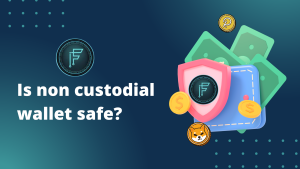At the moment, the entire world is experiencing great deal of change in each and every area, most particularly in the technological sector, which is transforming the way in which people carry out a variety of different activities. In the area of finance and modes of payment, individuals are being provided with a growing number of choices, and alternatives like cryptocurrency, digital cash, etc., and cryptocurrency wallets are also available in the marketplace.
The use of cryptocurrencies is becoming progressively common these days, and it is essential to have a secure wallet for cryptocurrency in order to ensure that your assets are properly protected. Through this article, we are going to discuss the Most Secure Wallet for Cryptocurrency in 2023.
Table of Contents
Understanding Cryptocurrency Wallets
Crypto wallets are the best source through which one can keep track of their digital assets and keep them secure. They allow users to make transactions, buy cryptos, check balances and manage multiple cryptos at the same time.
Definition and purpose of cryptocurrency wallets
A crypto wallet is a software program that serves as a digital funds storage device. Like a traditional wallet, it can store important documents, debit and credit cards, and currency. It replaces the need for you to physically carry about these objects by stowing away the passkeys you’ll need to sign cryptocurrency transactions and presenting the interface necessary to access your crypto. The blockchain can now be used by anyone with a modern crypto wallet. When first offered, transferring cryptocurrency required the entering of lengthy keys.
Users are able to send and receive cryptocurrency transactions through the use of a crypto wallet, a technique that is logically comparable to how users are able to send and receive transactions through the use of a traditional bank account. A cryptocurrency wallet is the principal tool that many users rely on for managing their crypto balances.
Different Types of Cryptocurrency Wallets
Crypto wallets offer a secure and accurate system for digital assets/cryptocurrency storage
1. Hardware Wallets
Hardware wallets are physical devices designed to store private keys and manage cryptocurrency transactions offline. They provide a high level of security since the private keys never leave the device, making them less susceptible to hacking attempts or online threats. Users can connect hardware wallets to their computers or mobile devices when they need to make a transaction, but the private keys remain securely stored on the device.
2. Software Wallets
Software wallets, also known as digital wallets or desktop wallets, are applications that run on computers, smartphones, or tablets. They store the user’s private keys in an encrypted digital file on the chosen device. Software wallets can be further categorized into different types based on their connection to the internet:
- Desktop Wallets: Installed on a computer or laptop and accessible only from that device.
- Mobile Wallets: Installed on smartphones and tablets, providing convenient access on the go.
- Online Wallets: Accessed through web browsers and hosted on remote servers, meaning the private keys are stored online. These wallets are more convenient for daily use but are generally considered less secure compared to hardware or paper wallets.
3. Paper Wallets
A paper wallet is a physical, offline way to store cryptocurrency. It involves printing out the public and private keys on paper. Paper wallets are considered one of the most secure options since they keep private keys away from the internet, reducing the risk of online attacks. However, they require careful handling to prevent physical damage or loss. Generating a paper wallet can be done using various websites and applications designed for this purpose.
4. Online Wallets
Also referred to as web wallets or cloud wallets, online wallets store your cryptocurrency keys on servers owned and maintained by third-party service providers. They are accessible through web browsers and often have user-friendly interfaces for easy management. However, they come with some security risks, as you are relying on the security measures implemented by the service provider. If the platform experiences a security breach or gets hacked, your funds could be at risk.
Also Read: How To Prevent Cryptocurrency From Fraud
Key Factors for Evaluating Wallet Security
Evaluating wallet security is crucial to ensure the safety of your cryptocurrency holdings. Here are the key factors to consider when assessing the security of a cryptocurrency wallet:
1. Encryption and Private Key Protection
A secure wallet should use strong encryption algorithms to protect private keys. Ideally, the wallet should employ end-to-end encryption, ensuring that private keys are encrypted both at rest and during transmission. This prevents unauthorized access to your private keys and helps keep your funds safe.
2. Multi-Factor Authentication (MFA)
Multi-factor authentication adds an extra layer of security to your wallet by requiring additional verification beyond just a password. MFA could involve using a one-time password (OTP), biometric authentication (fingerprint or facial recognition), or hardware tokens. Enabling MFA significantly reduces the risk of unauthorized access to your wallet even if your password is compromised.
3. Open-Source Code and Audits
Open-source wallets are transparent because their source code is publicly available for review. Community members can analyze the code, identify potential vulnerabilities, and propose fixes. Regular code audits by security experts add further assurance that the wallet’s security is being actively maintained and vulnerabilities are addressed promptly.
4. Backup and Recovery Options
A good wallet should provide reliable backup and recovery mechanisms. Users should be able to create encrypted backups of their wallet data, such as seed phrases or private keys, and securely store them offline. In case of loss, theft, or damage to the original device, these backups will help users recover their funds and access their wallets on a new device.
Also Check: Is Cryptocurrency Truly the Future of Money?
10 Most Secure Cryptocurrency Wallets
There are a lot of Crypto coin wallets with various beneficial features, and users get a lot of options in wallets to secure their crypto. Some of the major cryptocurrency wallets which are considered to be secure and safe are as follows:
1. Binance Wallet
The Binance wallet is one of the most popular cryptocurrency wallets that crypto investors can use to store their coins in a secure ecosystem. They are able to transfer coins between their account on Binance.com and their Binance Chain Wallet. It is helpful in crypto trading in many different ways, including conversion, traditional, advanced, strategy trading, swap farming, and many more.
Binance’s security system is quite strong, so you don’t need to worry about the safety of your currencies. It utilizes device management, whitelisting of addresses, cold storage, and two-factor authentication (2FA) verification.

2. Exodus Wallet
The Exodus wallet is well-known for being one of the most popular cryptocurrency wallets that facilitate the trading of various cryptocurrencies, including Bitcoin and thousands of others. It is possible to do so without any problems on desktop, mobile, and hardware cryptocurrency wallets. This wallet has a variety of crypto wallets, including mobile wallets, desktop wallets, Trezor hardware wallets, and Exodus crypto applications, among others.
The Exodus wallet is a Decentralized wallet. This signifies that you are the single owner of your asset wallets, and everything is encrypted and kept locally on your machine. Moreover, you are the only one who can access your wallets.

3. Funex Wallet
Funex wallet is a revolutionary crypto wallet that stores multiple coins with a secure system. It is one of the trusted and secure cryptocurrency wallets. With this wallet, transactions can be completed quickly and safely with just two or three taps. The user interface and layout of the Funex wallet are both simple and easy to use and have absolutely flawless performance.
You can store, transfer, and receive cryptocurrencies and digital assets at lightning-fast speed with the Funex Coin Crypto Mobile Wallet. The Funex wallet is available on both the Google Play Store and the Apple App Store. With this wallet, you’ll experience a streamlined and fast user interface while having access to crypto wallet software that has never been seen before.
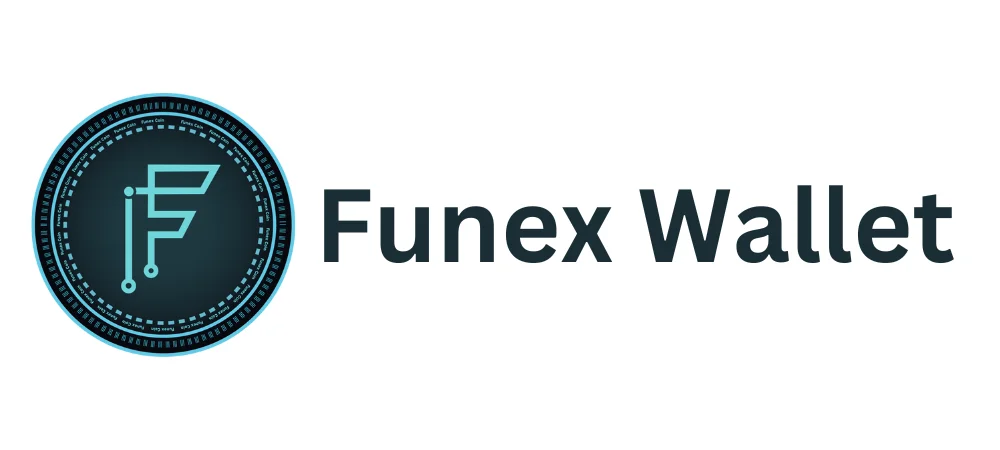
4. Trust Wallet
Trust Wallet is one of the most well-known and secure cryptocurrency wallets available. When it comes to purchasing and collecting non-fungible tokens (NFTs), as well as trading and earning cryptocurrency, this wallet can be a good choice.
Investors in cryptocurrencies may use this crypto wallet to buy Cryptos in as quickly as possible, earn interest on cryptocurrencies, explore collectables, and store tokens with the highest security. This wallet is widely considered to be the most reliable one available. The user may access decentralized applications (dApps) and blockchain games without exiting the application itself because of the wallet’s integrated Web3 browser.
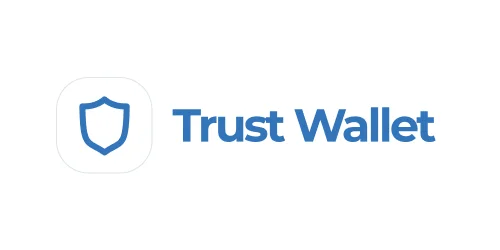
5. Coinbase Wallet
Coinbase is one of the most well-known cryptocurrency wallets, and it enables users to trade cryptocurrencies in a quick and secure manner. Investors in cryptocurrencies are able to establish their own cryptocurrency portfolios, complete with a wide range of features that facilitate efficient trading. The majority of digital assets may be stored safely offline in this most reliable crypto wallet, which adheres to the highest industry standards for security measures.
The Coinbase Wallet can store a wide variety of cryptocurrencies, including Bitcoin, Litecoin, Dogecoin, and Ripple, in addition to all ERC-20 tokens and tokens on blockchains that are compatible with EVM. This brings the total number of supported digital assets to more than 5,500.
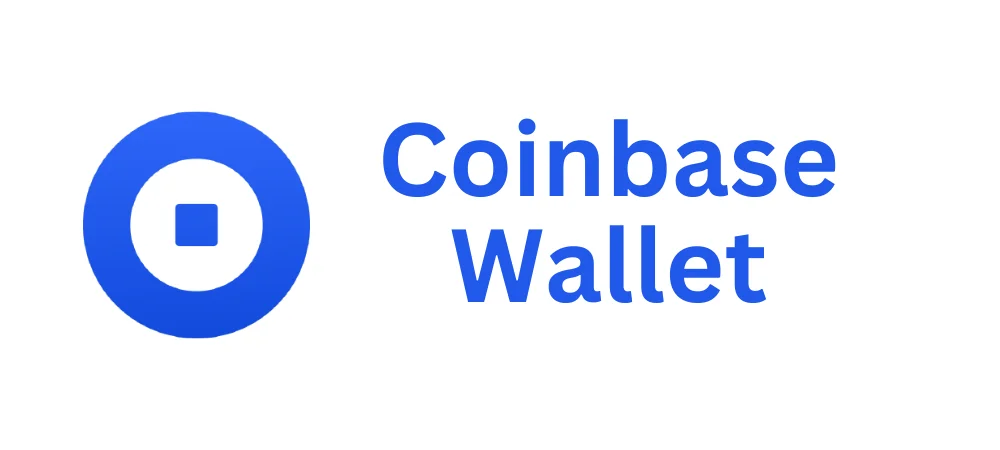
6. MetaMask Wallet
MetaMask is a popular non-custodial cryptocurrency wallet that primarily focuses on Ethereum and its ecosystem. It started as a browser extension wallet but has expanded to offer a mobile app as well. MetaMask allows users to manage their Ethereum (ETH) and ERC-20 tokens, interact with decentralized applications (DApps), and participate in various blockchain activities. It offers a user-friendly interface and enables secure storage of private keys locally on the user’s device.
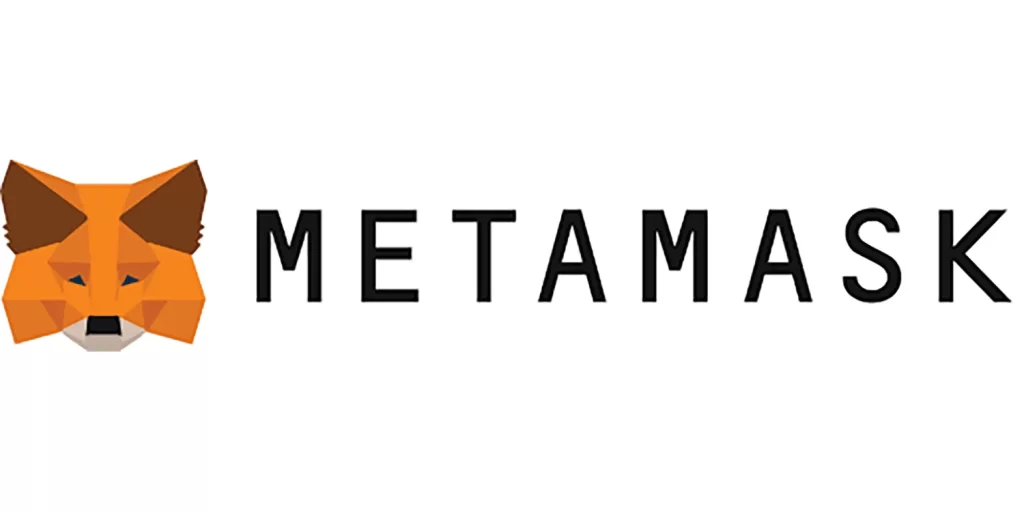
7. WazirX Wallet
WazirX is a cryptocurrency exchange based in India, and it also provides users with a wallet service to store their cryptocurrencies. As a custodial wallet, WazirX holds users’ private keys on their behalf. The platform allows users to trade a wide range of cryptocurrencies and provides a convenient mobile app for managing assets on the go. It’s worth noting that using custodial wallets means users are trusting the exchange with the security of their funds.

8. Crypto.com Wallet
Crypto.com offers a comprehensive cryptocurrency platform, including a wallet service, an exchange, and various financial products. The Crypto.com Wallet is a non-custodial solution, meaning users control their private keys. It supports a wide range of cryptocurrencies and offers additional features like the ability to earn interest on deposits, cashback rewards on certain transactions, and a Visa debit card linked to cryptocurrency balances.
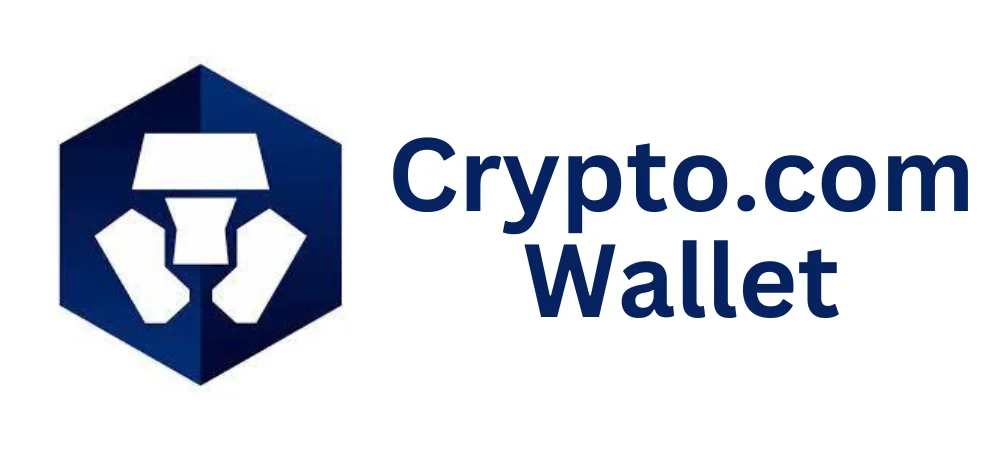
9. Zengo Wallet
Zengo is a non-custodial cryptocurrency wallet that focuses on simplicity and security. It provides a keyless wallet experience, which means users don’t need to manage traditional private keys or seed phrases. Instead, Zengo uses innovative cryptographic techniques to ensure secure access to funds without the need for conventional backups. The wallet aims to make cryptocurrency management user-friendly and secure, even for newcomers to the space.
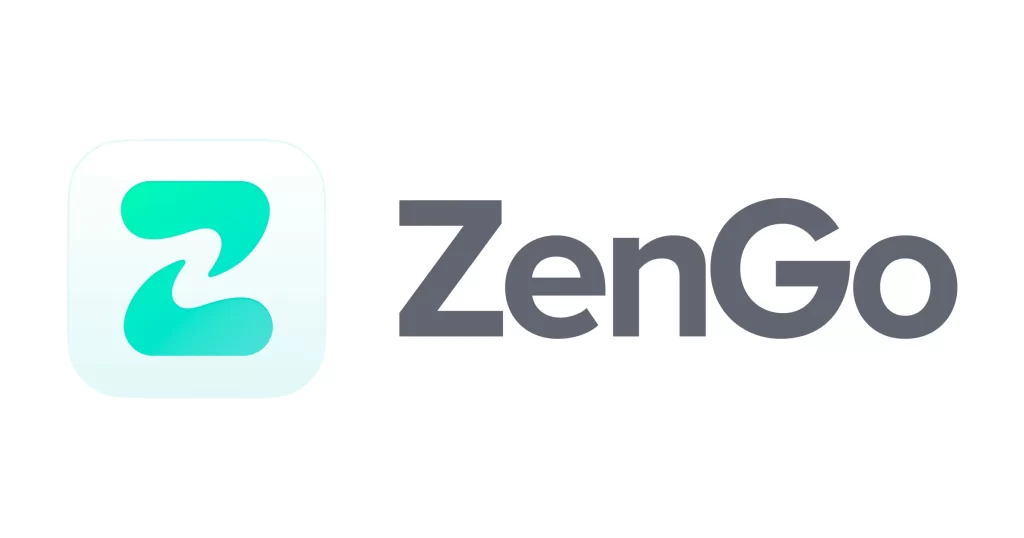
10. Electrum Wallet
Electrum is an open-source Bitcoin wallet known for its speed and security. It has been available since 2011 and offers features like support for hardware wallets, multi-signature transactions, and customizable transaction fees. As a software wallet, Electrum gives users full control over their private keys, and they can manage their Bitcoin holdings directly through the application.
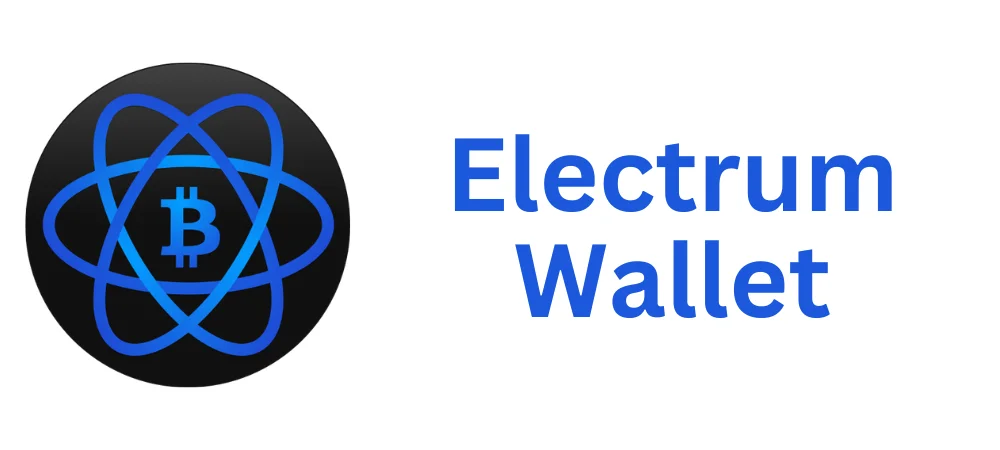
Conclusion
Those who invest in cryptocurrencies may keep the same coins in more than one wallet. This shows that you are able to store the same token or currency in both a cold wallet and a hot wallet together. Regardless of the option you go with, the “keys” to your cryptocurrency will need to be stored in a wallet. Exodus and Funex wallets are good choices for individuals who are concerned about security. Funex wallet is fast, easy, and more secure cryptocurrency wallet than others.
It’s essential to consider your security needs and the amount of cryptocurrency you plan to hold when choosing a wallet type. For large sums or long-term storage, hardware or paper wallets are generally recommendations due to their enhanced security features. For smaller amounts or frequent transactions, software or online wallets might be more convenient. Always make sure to research and use reputable wallet providers to ensure the safety of your cryptocurrency holdings.
FAQs
Q1. What is a cryptocurrency wallet?
A cryptocurrency wallet is a device which enables crypto holders to keep their funds safely and do transactions. These wallets offer several features for the crypto holders, some of which includes, staking, buying & selling of crypto and NFTs, crypto swapping and so on.
Q2. How do cryptocurrency wallets work?
Your private keys are stored in crypto wallets, which keep your cryptocurrency secure while yet allowing you easy access to it. In addition to that, you can use them to send, receive, and spend cryptocurrencies such as Bitcoin and Ethereum.
Q3. Can I store different types of cryptocurrencies in one wallet?
Yes, you can store multiple cryptocurrencies in a single wallet, but before that, you should research about the coins you have and which wallet will support all these coins. Funex wallet is one of the multi-crypto wallets which supports multiple coins and has several features for them.
Q4. Are there any risks associated with cryptocurrency wallets?
Yes, there are several risks associated with cryptocurrencies and wallets. As the use of digital wallets to store cryptocurrency and decentralized private information grows, it is important to think about the possible security risks involved. Threats such as hacking, phishing attacks, and losing access to one’s wallet due to forgetting one’s login credentials can fall under this category of potential risks.
Q5. What are the future trends in cryptocurrency wallet security?
When we look to the future, we can predict that the user experience of cryptocurrency wallets will continue to receive a lot of attention from developers. This involves the development of interfaces which are easier to understand and navigate for the end user, as well as the inclusion of extra features and services.



